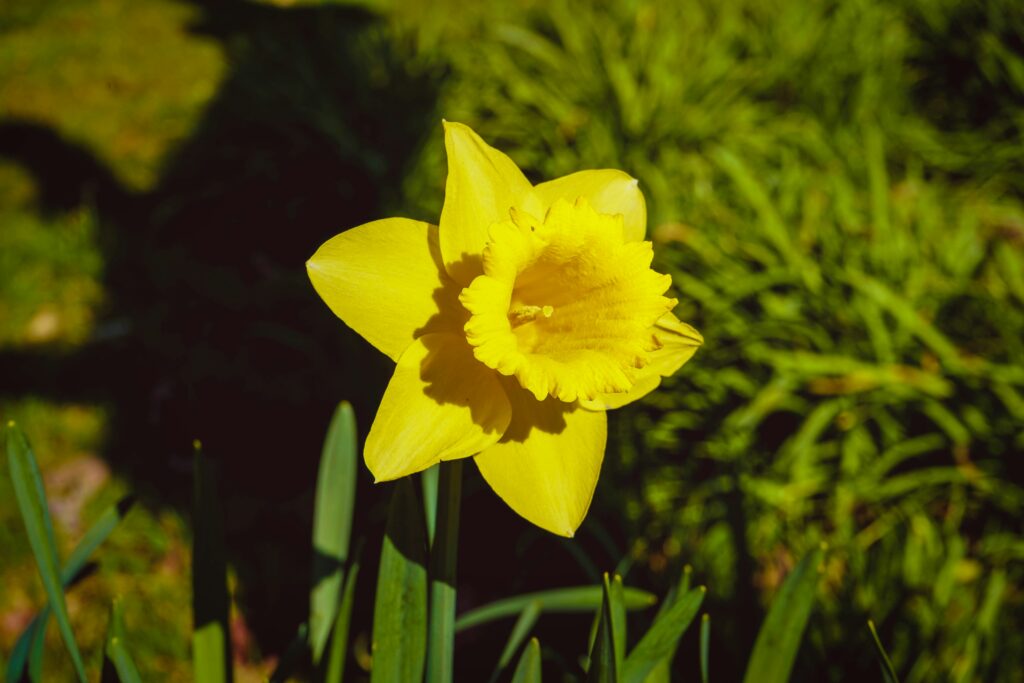Wales is still a blind spot for the UK media and in the context of a pandemic this has serious consequences, argues Helen Mary Jones.
The IWA Media Audit 2020 will be published in November.
Journalism can often be described as a window on our world.
Its importance is therefore far wider than its economic impact. This is one of the reasons why the Culture, Welsh Language and Communications Committee have published an inquiry into the Covid-19 outbreak in Wales.
The inquiry considers the impact of the outbreak on journalism, national and community media, including community radio amongst other matters.
One almost immediate impact of the crisis was the scrapping of the Wales opt out during the Breakfast show on BBC One.
I wrote as committee chair to the BBC to reconsider their decision because we felt it vitally important during these unprecedented times that people in Wales continue to receive Wales specific news and information.
If people from Wales are to receive their news from a UK network bulletin instead, it is crucial that these bulletins reflect the devolved nature of many of the government responses to the pandemic.
For example, as health is devolved, the widely reported call for NHS volunteers to apply through the GoodSAM app is only relevant to England. Similarly, business rates relief schemes, which are crucial to the survival of many small businesses, are devolved to Wales. Never has it been more important for people in Wales to receive clear and accurate information about the reality of devolved governance.
These opt outs are essential because they can reach viewers who are not necessarily sitting down to watch Wales specific content. The breakfast opt out is important because it reaches a different demographic from evening Wales specific programmes.
“The recent coronavirus coverage by most UK broadcasters, with a few honourable exceptions, seem to be stuck in a ‘for Wales, see England’ rut.”
In a letter to committee members the BBC said the decision to pause the local service to television audiences at breakfast in the nations and regions of the UK was taken in order to safeguard staffing for peak-time TV services, that attract much bigger audiences and to reduce strain on newsrooms and facilities. I still maintain that this wasn’t acceptable, and that, if necessary, service reductions should have been made elsewhere.
How are public service broadcasters as a whole in Wales responding to devolution as this crisis continues? ITV maintained opt outs from Wales. The political programme Sharp End programme will be in a different format, with their current affairs programme Wales This Week turned into a studio-based show with in-depth interviews about the crisis. Some bulletins and opt outs were shorter, and therefore may be different.
The BBC maintained other Wales specific services, and boosted its news coverage on Radio Wales and Radio Cymru. Around 750,000 viewers are tuning into BBC Wales Today every day across the three main bulletins – lunchtime, early and late evening.
While this is good news there is still constant confusion on both television and network radio between the UK and England – and where Wales, Scotland and Northern Ireland fits in. This seems to have got worse under the pressure of the Coronavirus crisis.
In our Big Picture report, the Committee called for a “Wales news opt-out for Radio 2 and Radio 1”.
This is an issue the BBC and other broadcasters have grappled with since the dawn of devolution in 1999, and despite the activity following the damning BBC Trust report by Professor Anthony King 12 years ago that stated the BBC were ‘not reporting the new UK with the range, clarity and richness that might reasonably be expected’.
A follow-up study found that BBC news coverage had changed to become more accurate, and better reflected post-devolution politics in the UK. However the recent coronavirus coverage by most UK broadcasters, with a few honourable exceptions, seem to be stuck in a ‘for Wales, see England’ rut.
A previous committee report into news journalism, concluded that the decline of commercial news journalism “is a profound public policy issue, which policy makers at all levels, not least the Welsh Government, need to address as a priority issue”. More recently we have heard about Swansea Sound radio station being taken over, and the jury is still out as to how services will be maintained.
In our Big Picture report, the Committee called for a “Wales news opt-out for Radio 2 and Radio 1” to improve the coverage of devolved issues on network radio when broadcast in Wales.
Public service broadcasting is more important than ever at a time of crisis. People need accurate information, information that is relevant to them, and information that they can trust.
The confusion that arises from reporting England only matters as if they were UK wide has a real impact. It has sent people looking for information in the wrong places, and the information that they get may be wrong and misleading.
Issues that came into my inbox at the height of the crisis included people receiving the wrong information about social distancing expectations – somewhat stricter in Wales particularly in workplaces; people going to the wrong place to look for volunteering opportunities; and people getting inaccurate advice about how to access priority slots in supermarket delivery. All of these and more matter.
And it continues, with confusion about reporting on return to schools, expectations around returning to work and travel restrictions. The last thing my constituents and the people of Wales more broadly need at this time is confusion.
Syniadau uchelgeisiol, awdurdodol a mentrus.
Ymunwch â ni i gyfrannu at wneud Cymru gwell.
This is at a time when the future of public service broadcasting across the UK is a matter of debate. The Senedd’s Culture Committee has for some time been undertaking work into the possibility of Wales having powers over broadcasting.
The Tory Westminster government has consulted as to whether or not it should continue to be a crime not pay your TV licence, and this is widely seen as a smokescreen for potentially moving away from the licence fee model altogether.
This is one of the reasons Plaid Cymru Heritage Minister Alun Ffred Jones over a decade ago, did not want S4C to be in the pocket of the BBC because any cut or change in how the BBC was funded by the licence fee would hit our only Welsh language television broadcaster.
The BBC may in the coming months look for support for the retention of the licence fee. My personal view, is that, while the model is flawed it is probably better than most of the alternatives. But it may be hard to persuade people in Wales to support a BBC that, at this very difficult time, did not respond well at the UK level to the needs of our nation.
All articles published on the welsh agenda are subject to IWA’s disclaimer.




